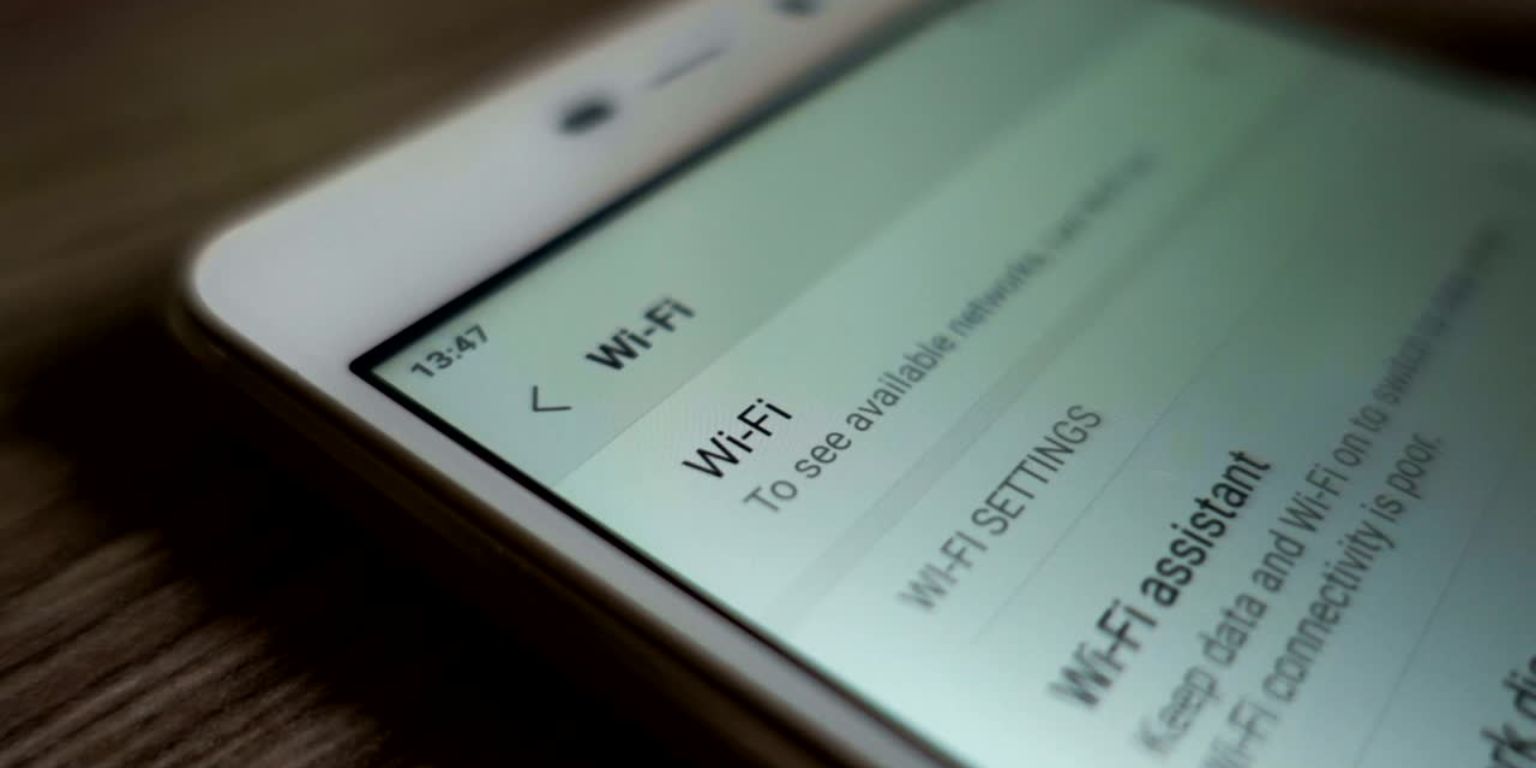Imagine you’re sipping coffee at a local café, taking advantage of the free Wi-Fi to check emails or update your social media. Harmless, right? Not quite. Public Wi-Fi networks, while convenient, can be a playground for cybercriminals. One popular way people try to guard against these threats is by using a Virtual Private Network, or VPN. But does a VPN really protect you on public Wi-Fi? Let’s dive in and break it down.
What is Public Wi-Fi and Why Is It Risky?
Public Wi-Fi is commonly found in coffee shops, airports, hotels, libraries, and other public places. While handy, these networks are often:
- Unencrypted: Data sent over them is easily intercepted.
- Open Access: Anyone can join, including bad actors.
- Lacking Authentication: Network owners often don’t verify who connects.
This means personal information like login credentials, financial data, and even private messages can be exposed to hackers using various techniques such as “man-in-the-middle” attacks.
Enter the VPN – Your Digital Bodyguard
A VPN creates a secure, encrypted tunnel between your device and the internet. This has several vital advantages when you’re on public Wi-Fi:
- Encryption: Makes your data unreadable to eavesdroppers.
- IP Masking: Hides your actual location and identity.
- Secure Routing: Prevents your data from passing through potentially compromised local networks.
So if someone is snooping on that café’s Wi-Fi network, all they’ll see is garbled, encrypted data—virtually useless to them.

Real-World Protection: What a VPN Does and Doesn’t Do
While VPNs are a powerful tool, it’s important to recognize their limits. Here’s what a VPN can—and cannot—protect you against in a public Wi-Fi environment:
✅ What a VPN Protects You From
- Packet sniffing: Hackers using software to capture data streams will see only encrypted data.
- Session hijacking: Encryption prevents attackers from stealing session cookies.
- IP tracking: Your real IP stays hidden, making location-based targeting harder.
❌ What a VPN Doesn’t Protect You From
- Malware: A VPN doesn’t block viruses or malicious websites.
- Phishing: If you click a fake link and enter credentials, a VPN can’t save you.
- Compromised Devices: A VPN doesn’t fix device-level vulnerabilities or outdated software.
Think of a VPN like a lock on your door; it adds important protection, but it doesn’t make you invincible.
Other Best Practices for Public Wi-Fi
While using a VPN is essential, for full protection, it should be part of a broader strategy. Here are a few additional safety tips:
- Use HTTPS Websites: Ensure the URL starts with “https” to add another layer of encryption.
- Turn Off Sharing: Disable file and printer sharing when on public networks.
- Enable a Firewall: Keep your device’s firewall active to block unwanted traffic.
- Stay Updated: Keep your operating system and antivirus up to date.

Mobile Devices and VPNs
Using your smartphone or tablet on public Wi-Fi? A VPN can be even more critical here. Mobile banking apps, email syncs, and messaging can run in the background, quietly transmitting sensitive data. Many modern VPNs offer mobile apps that automatically activate when you connect to an untrusted Wi-Fi network—providing “always-on” protection with minimal impact on performance.
Conclusion: Is a VPN Worth It on Public Wi-Fi?
Absolutely. While no tool can offer 100% security, a VPN massively reduces the risks associated with public Wi-Fi. It works by encrypting your traffic, shielding sensitive data from hackers, and masking your online behavior from surveillance.
However, remember that safety is layered. A VPN should be just one pillar in your broader cybersecurity approach. Combine it with safe browsing habits, secure websites, and regular device maintenance to truly own your privacy—even when you’re sipping lattes at your favorite café.


